The Quick Six with Nicola Martin
By WATG
November 28, 2022
Nicola Martin is an Associate and LEED-certified Project Architect based in our London office. Hailing from New Zealand, her role as a steward of the land – protecting resources for future generations and preserving matters of cultural heritage – is core to her design philosophy, going far beyond trends and instead shaping her way of life. On the occasion of being featured in Pro Landscaper’s 30 Under 30: Next Generation 2022, Nicola shares insights into her experiences to date – including working in two WATG offices (APAC and Europe) – and the design trends she’d like to see more, and less, of in future.
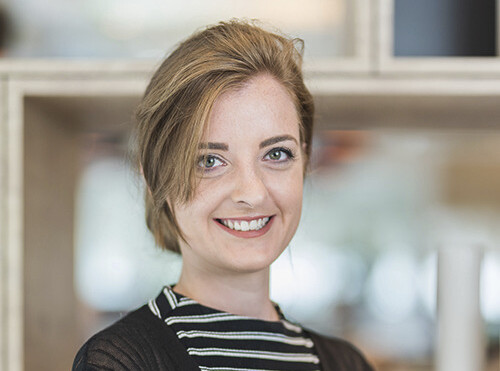
What was the first design project you ever worked on?
After referring to LinkedIn and surprising myself, I have been working professionally as a landscape architect for 8 years now! I grew up and completed by education in New Zealand, and have lived in both Singapore and London since.
My first project back in New Zealand was a wetland for a housing development by Ngāi Tahu in Christchurch, following the 2011 earthquakes. Every time I go home, I visit the wetlands to see how it is evolving. It is a special project for numerous reasons, but the most satisfying is seeing the land returned to its original state and year-by-year watching the native birds establishing a healthy habitat.
Design is not linear, things go sideways… Often! You must learn to enjoy the process.
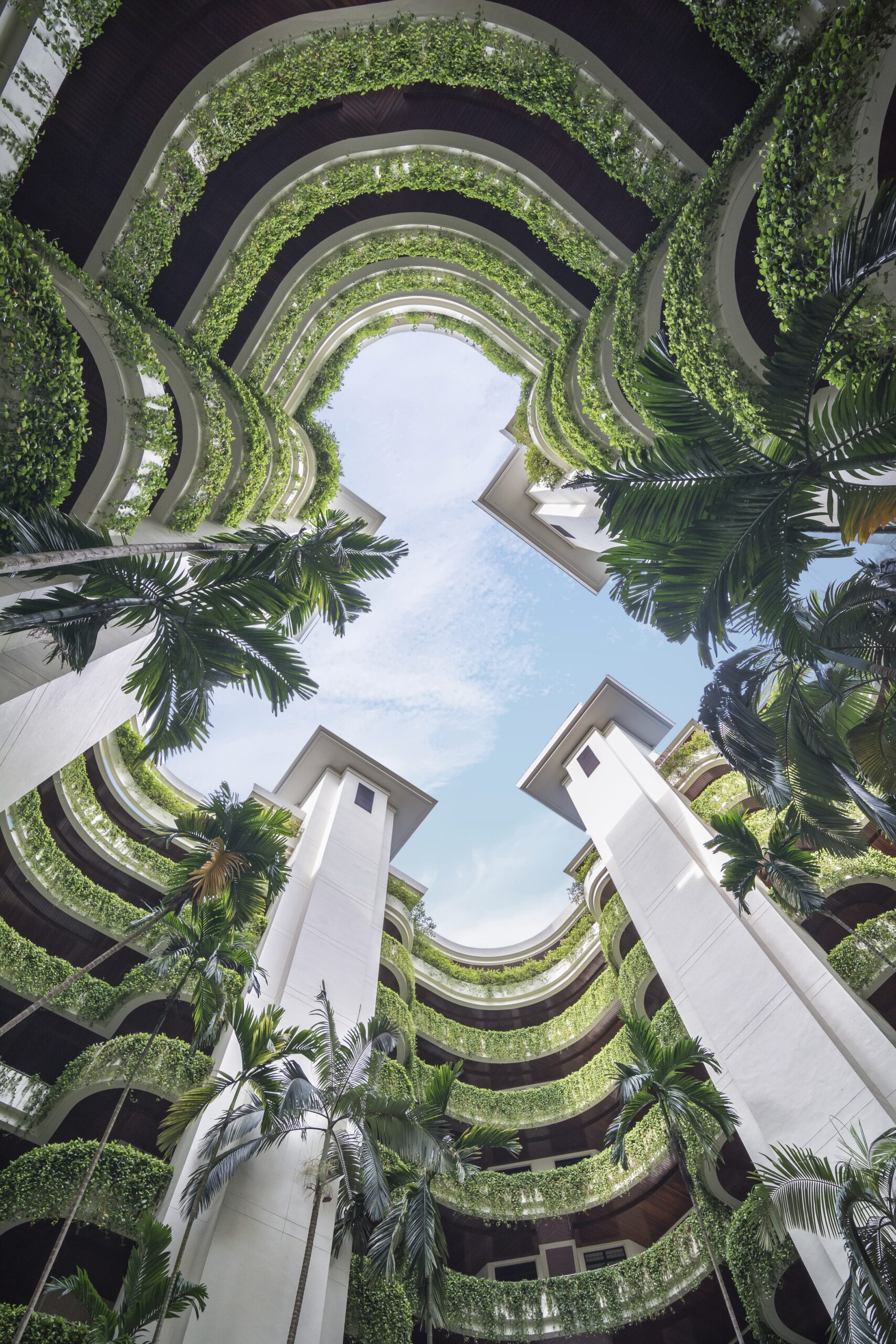
Arcadia, Singapore, designed by WATG founder Pete Wimberly.
What is the biggest career risk you’ve ever taken, and did it pay off?
After two years in the UK, my visa expired. I was still quite junior in my career but was presented with the opportunity to relocate from WATG’s London office to Singapore. Not only had I never met the Singapore team, but I had never even been to Singapore. Trusting the process, I relocated and spent 2.5 years there. What started out as a truly scary pivot in my life quickly turned out to be a great opportunity. Working in Asia opened my eyes to so many cultures, design languages and aesthetics that I would have only read about otherwise. I worked with an amazingly talented team of people who shared their knowledge and experience with me, and gave me opportunities to travel, learn, volunteer and much more.
When an opportunity arises to broaden your horizons – to open the world and immerse yourself in different cultures and different design languages – you should always take it.
It was a risk – but one I would do again. When an opportunity arises to broaden your horizons – to open the world and immerse yourself in different cultures and different design languages – you should always take it. Every career move I have done has been made with intent and ambition to learn as much as I can from the people around me. I have always been very fortunate in finding myself around very talented and diverse people.
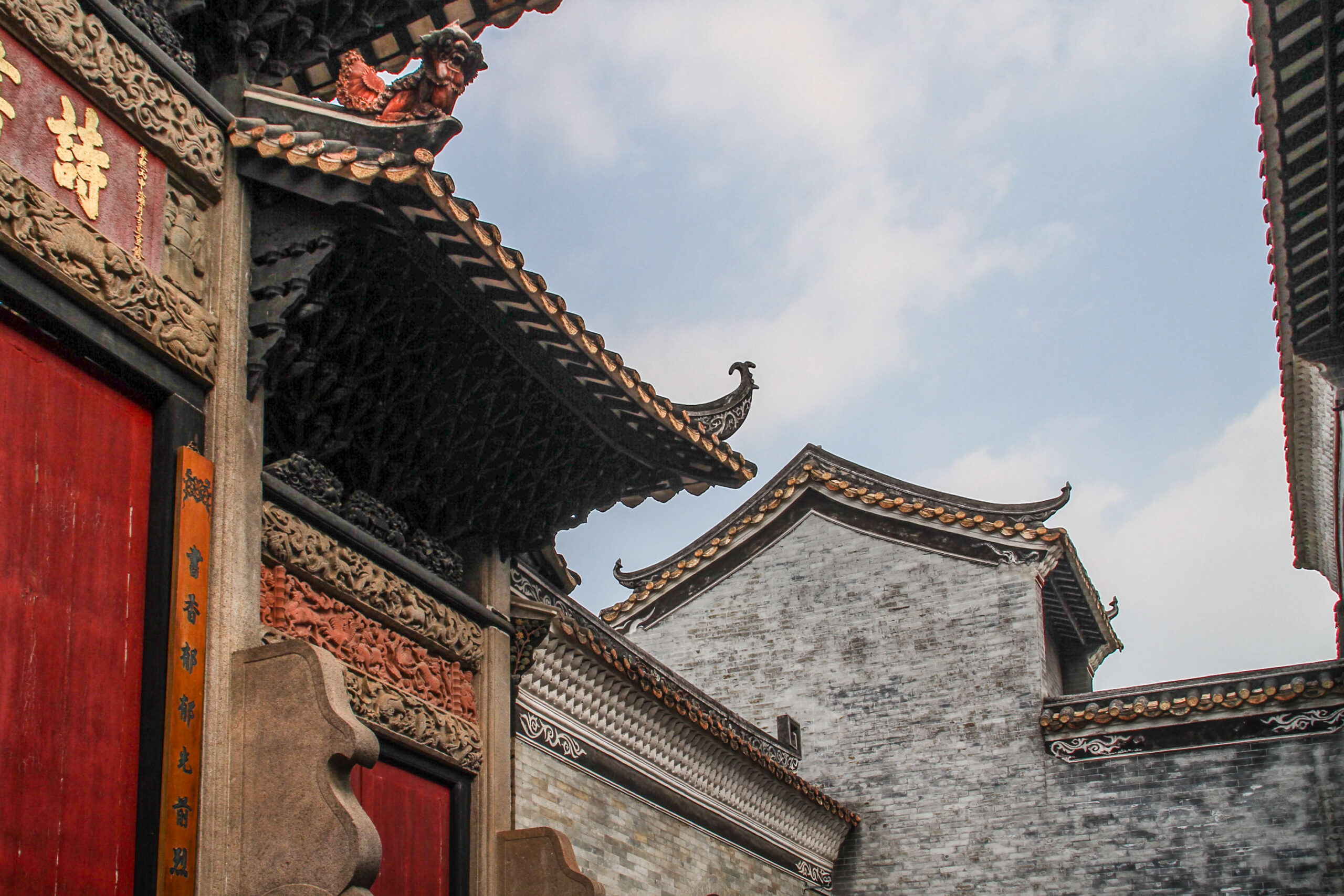
Shawan Ancient Town in Guangzhou, China, by Architecture on the Road. An example of Lingnan style architecture.
A large part of your role in design is to shape urban and leisure destinations. What is your favourite place to visit?
When I was living in Singapore, we worked on a Lingnan style resort in the southern portion of China. As part of the site visit, our senior leader organized for us to do a road trip visiting a series of traditional gardens and modern Lingnan style developments. We took this opportunity to document the spatial composition and the traditional elements of these destinations, taking our knowledge beyond the desktop and truly analysing the unique character of the place. Feeling the spaces and understanding the composition allowed us to then design with a sense of confidence and authenticity – not replicating the past but learning the design language and providing a sense of place within our design. Each new destination offers you the opportunity to learn.
Each new destination offers you the opportunity to learn.
What three things do you always take on a business trip?
For me, it is normally what are the three really important things you forget to pack on a business trip. I am organised on projects, but not so much in my suitcase. I lived by the motto, “as long as I have my passport and a site plan, I am good to go”. Anything else is a bonus.
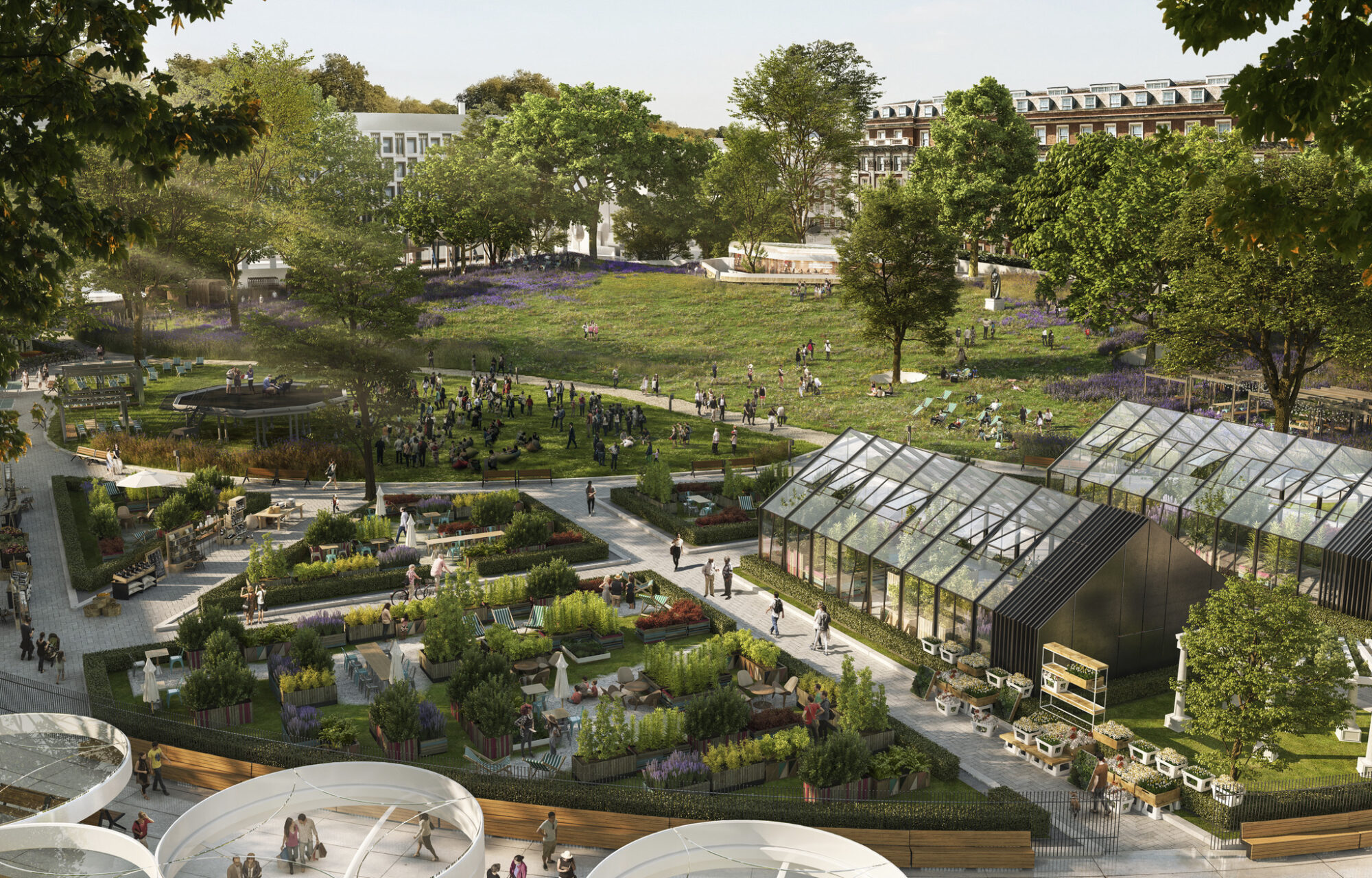
A competition entry for Grosvenor Square, London, United Kingdom, by WATG’s London landscape architecture studio.
If you had to pick one design trend to make a comeback, or could predict a future trend, what would it be?
The future is exciting, and I am all for local over global.
Designing destinations with a sense of place can only be done with purpose and authenticity. Collaborating with an array of experts including botanical researchers, soil scientists, ecologists, cultural specialists and more helps us to weave together a meaningful design with a sense of character and place, and it is very rewarding. Countries and cultures are celebrating and embracing a more inclusive history – there is a palimpsest of narratives beyond the status quo to reveal and embrace within our designs.
Designing destinations with a sense of place can only be done with purpose and authenticity.
I would hope that this movement is less of a trend and more of an ethos in which each and every design has a unique approach and unique set of requirements. It’s incredibly exciting to be a part of that.
As for past trends, blue bottom pools and Photinia hedges copied and pasted around the world have only one place: in the past.
One piece of advice to aspiring designers?
You have to have fun, and you have to be able to laugh. Stay humble and observe everything around you. Learn from everybody and make good connections. And, most importantly, don’t take yourself too seriously. Design is not linear, things go sideways… Often! You must learn to enjoy the process.
Latest Insights
Perspectives, trends, news.
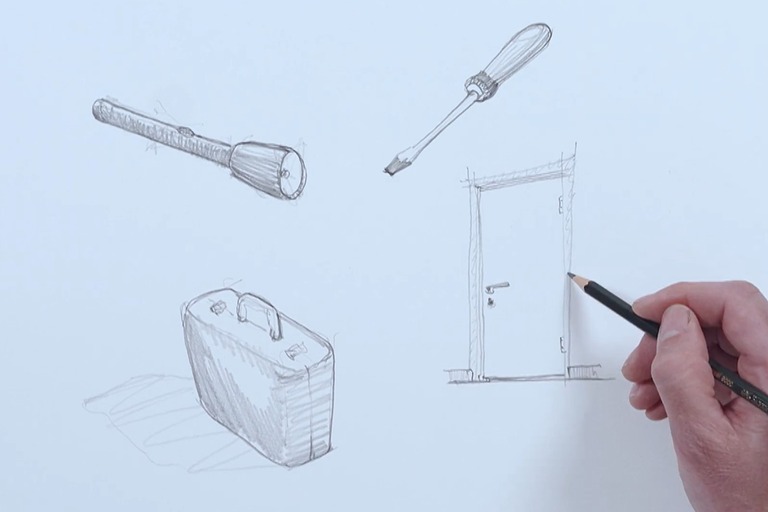
- News
The Torch, The Screwdriver, and the Pencil – Pete Wimberly’s Story
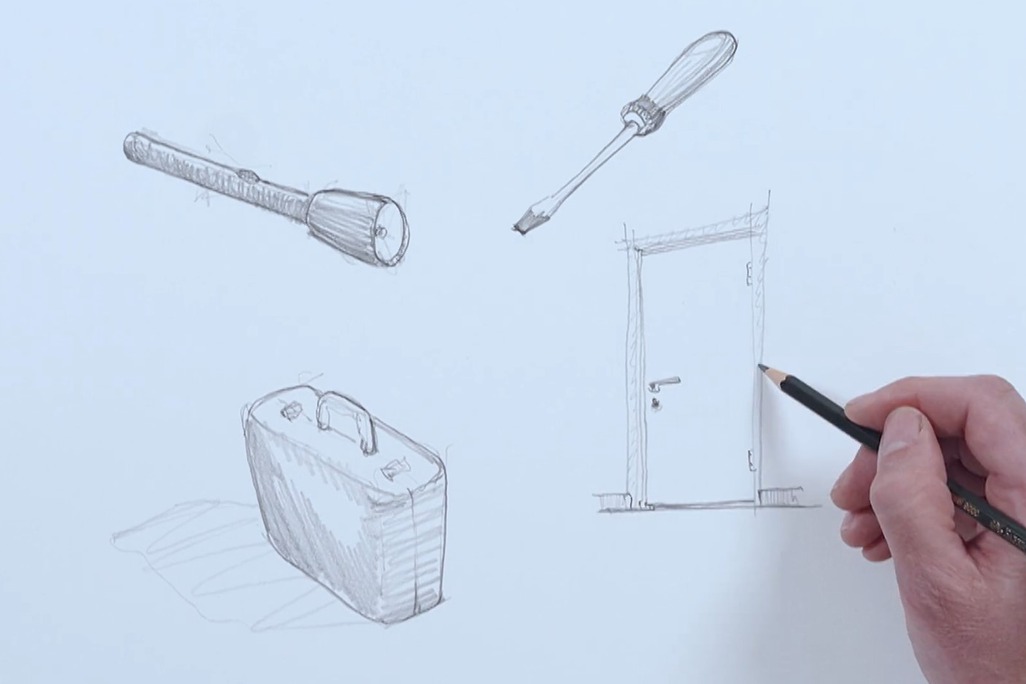
- News
The Torch, The Screwdriver, and the Pencil – Pete Wimberly’s Story
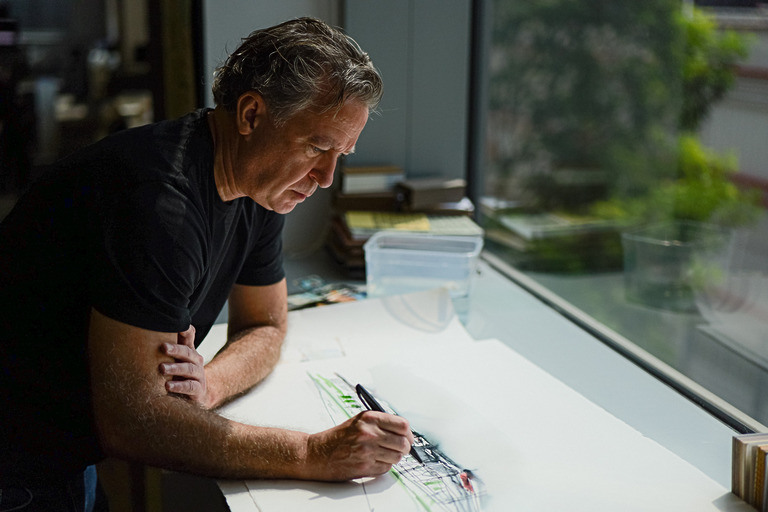
- Employee Feature
Ian Simpson: Constantly Curious, Constantly Creative
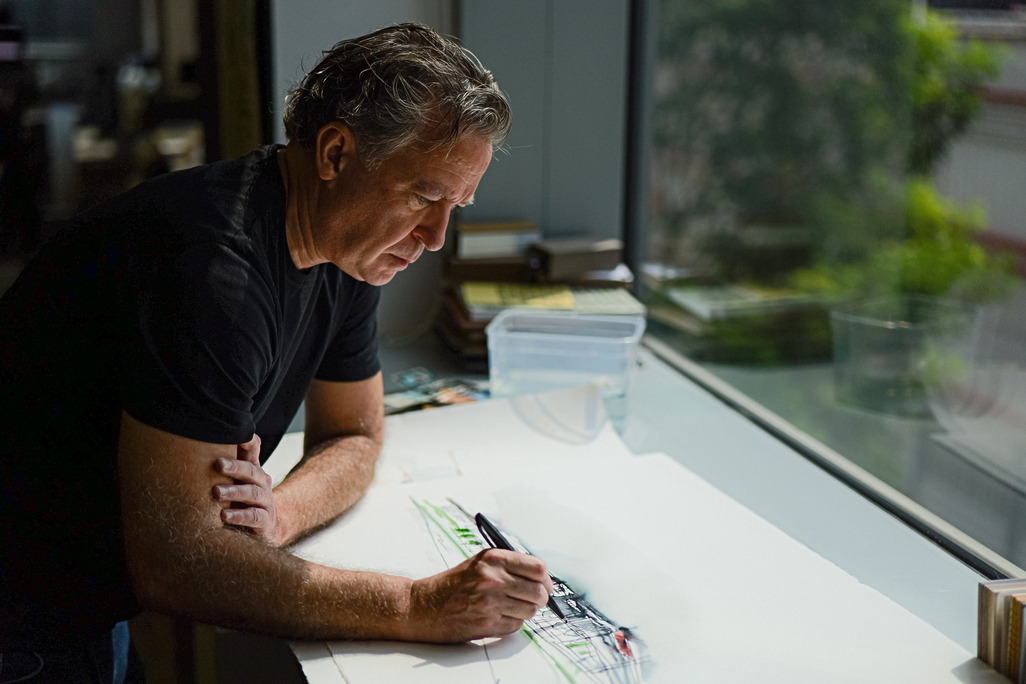
- Employee Feature
Ian Simpson: Constantly Curious, Constantly Creative
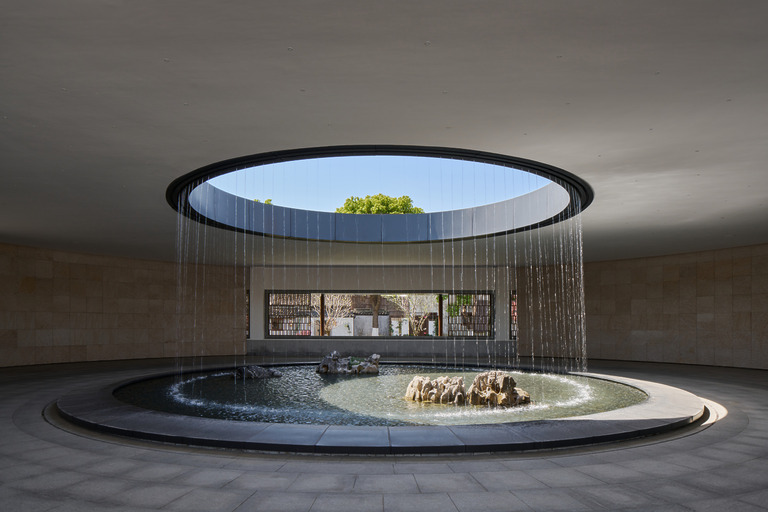
- Strategy & Research |
- Design Thinking & Innovation
Designing the Arrival Experience
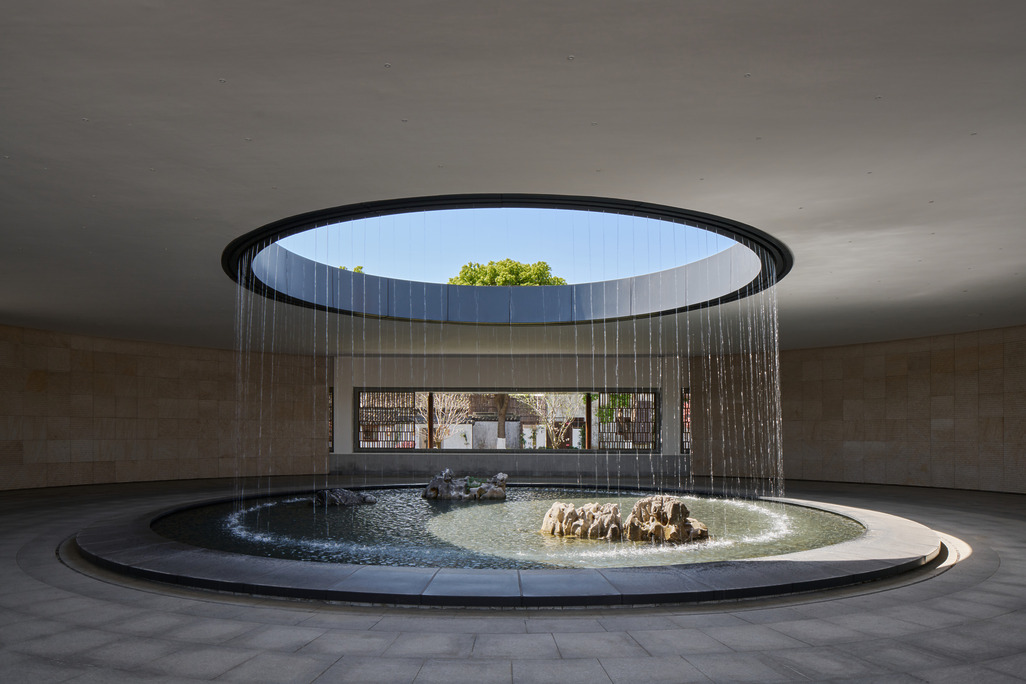
- Strategy & Research |
- Design Thinking & Innovation
Designing the Arrival Experience
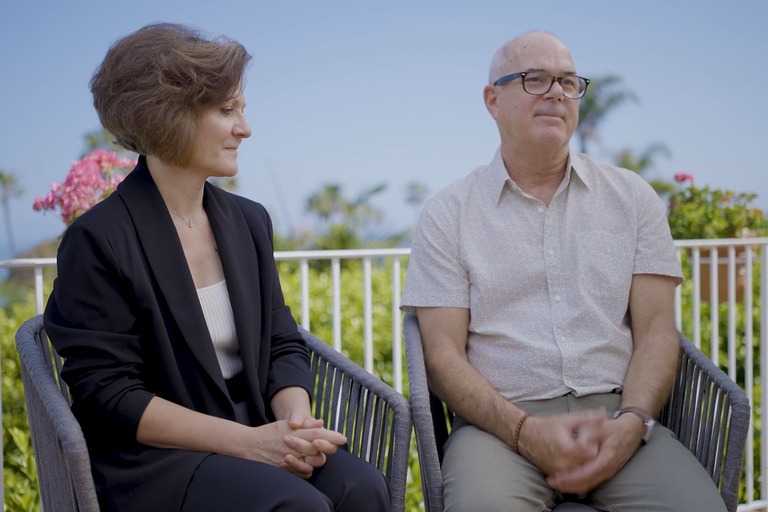
- Employee Feature |
- Inside WATG
Mentorship, Community, and Creativity: WATG’s Blueprint for the Next 80 Years
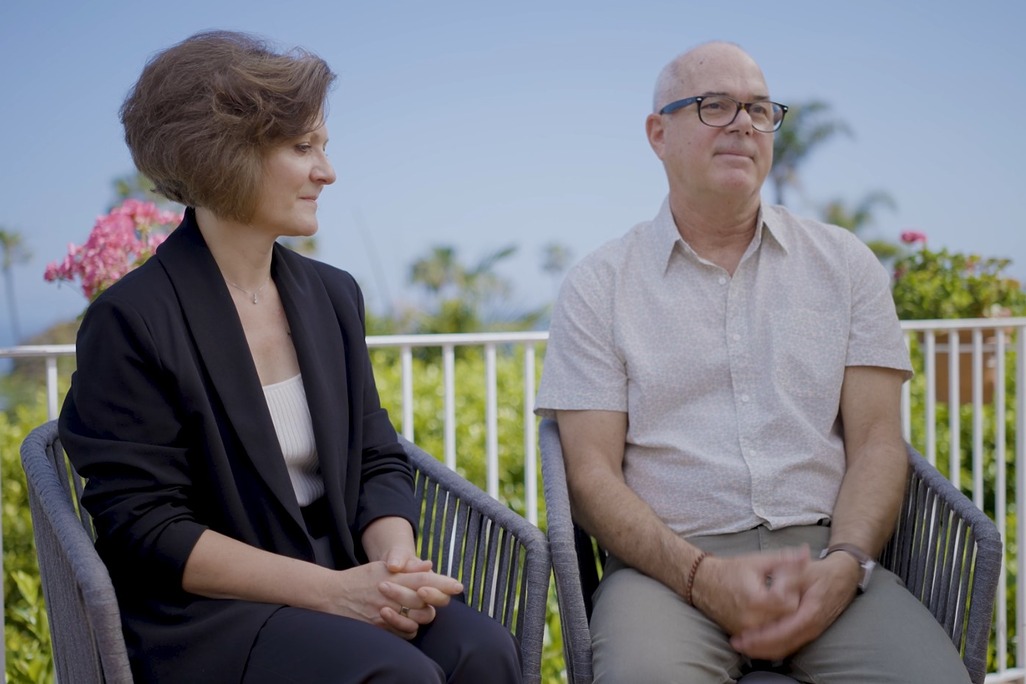
- Employee Feature |
- Inside WATG
